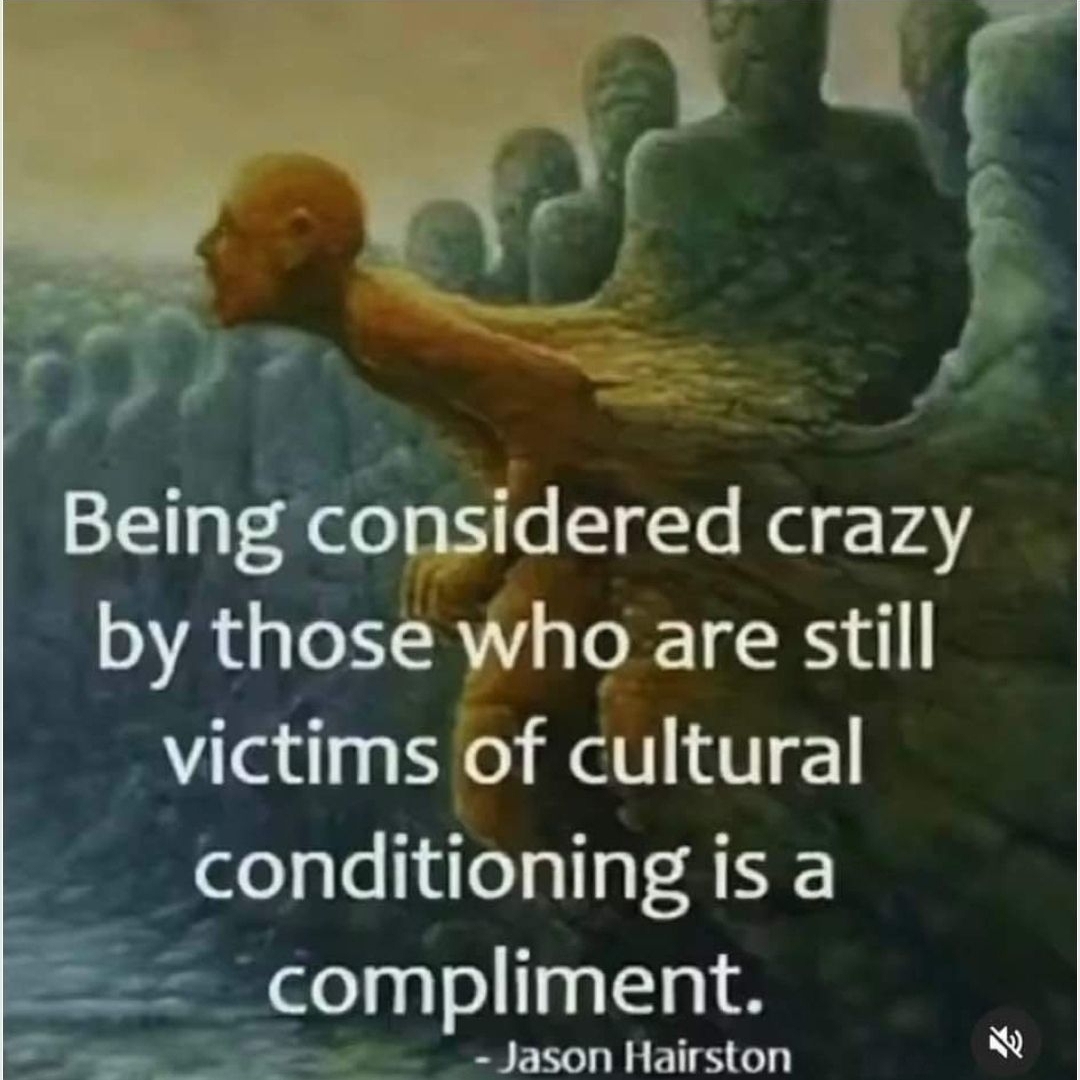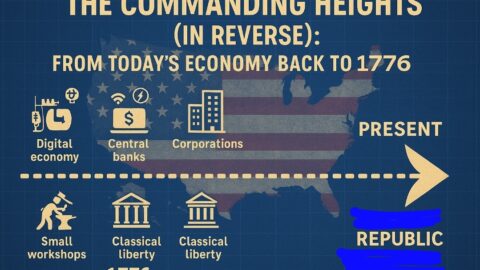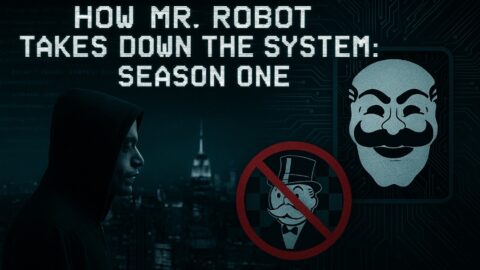
This lecture by Rick Roderick on Jean Baudrillard and the self under siege is a profound, provocative, and at times humorous exploration of the postmodern condition. At its core, it argues that we are living in an era where reality, human experience, and identity are being overtaken by simulations, technology, and media spectacle. Here is a detailed summary and breakdown of the lecture’s major themes, ideas, and implications for humanity:
From the Modern to the Postmodern: The Disappearance of the Self
- Traditional modernity presumes a coherent self that can be under siege (as in existentialism or classical psychology).
- Baudrillard suggests we have moved beyond the modern self into a postmodern condition where even the self is vanishing.
- Technology, especially media and digital simulation, has overcome humanity, creating a “non-person”—a being whose identity is no longer rooted in experience or reality.
The Hyperreal and the Loss of Reality
- Reality has been replaced by representations and simulations. What we call “real” is now simply what can be simulated, copied, or reproduced.
- Hyperreality: A state where simulations become more “real” than actual reality. Examples include:
- Virtual sex replacing real intimacy.
- Jurassic Park’s dinosaurs being more thrilling than any real fossil or museum.
- Violence in film (e.g., Clockwork Orange) feeling more visceral than actual blood.
“It’s funny how blood isn’t really blood until you video it on the screen.” — Clockwork Orange
- Hyperreality is not a fantasy—it’s our everyday environment: media, advertising, entertainment, virtual experiences.
From Spectators to Spectacles: Social Alienation
- Roderick references Guy Debord’sSociety of the Spectacle:
- Capitalism has reached a stage where people become spectators of their own lives.
- Instead of living real experiences, people watch movies about experiences (e.g., watching Father of the Bride instead of attending a real family gathering).
- People no longer act politically or socially—they observe from the sidelines, consuming prepackaged simulations of action.
Simulation, Technology, and the Death of Human Relations
- In postmodernity, children relate more to machines (e.g., Nintendo) than to parents or other people.
- Emotional attachment shifts from human relationships to simulated interactions with screens and avatars.
- The blurring of human and machine is already happening. The next stage? Machines unplugging us.
Ecstasy of Communication: Pleasure without Meaning
- Roderick introduces Baudrillard’s idea of “the ecstasy of communication”:
- Modern entertainment (films, games, VR) gives us visceral, neural thrills—pure stimulation with no deeper meaning.
- This is not the sublime of art or nature, but the raw sensation of pixels and sounds.
- People seek experience, but what they get is simulated ecstasy, not authentic encounter.
The Disappearance of Experience and the Rise of the “Non-Person”
- People want to feel something real, but reality itself is becoming inaccessible.
- Kids don’t dream about dinosaurs; Spielberg has already shown them better ones.
- Real sharks are boring compared to Jaws. Real sex may become dull compared to virtual fantasy fulfillment.
- This leads to a hunger for authentic experience, even as society offers only simulations.
A War for the Real
- Future struggles may not be political (class, race, nation), but ontological:
- The battle for the real versus the hyperreal.
- To defend human experience, emotion, and depth in a world of shallow stimulation and artificiality.
- Even something simple like making love without machines may become a revolutionary act.
Hope and Resistance in the Age of Simulation
- Despite the bleak outlook, Roderick ends with a note of cautious hope:
- Wherever power exists, counter-power also arises.
- While media often dehumanizes, some images and moments still reveal truth and humanity.
- Not all is lost. People still yearn for meaning, truth, and connection. That desire is itself a resistance.
What Are We Facing?
This lecture forces us to confront the deep psychological and cultural consequences of living in a hyper-mediated, postmodern world:
- Our sense of self is under siege not from external oppression but from internal emptiness, overstimulation, and technological absorption.
- We must reclaim real experience, authentic relationships, and moral imagination.
- The fight is not just philosophical—it’s existential: to remain human in a world that increasingly treats us as simulatable data points.
The core battlefield of our era: the inner war within the individual. It’s not just politics, class, or economics anymore — it’s a bi-polar war of identity:
The Real vs. The Artificial: A Bi-Polar World
In this war zone of the self, humanity is caught between two poles:
- The Real: truth, experience, conscience, character (what Emerson and Covey would call character ethics or the law of the farm).
- The Artificial: simulations, spectacle, ego-driven “Personality Ethics,” virtual experiences, idols and images.
This mirrors Baudrillard’s hyperreality — where what is fake becomes more desirable than what is real — and it’s intensified by technological control in the hands of a few.
Technology as Idol-Creation & Control
Avraham Gileadi:
The idols are manufactured — not just statues, but now personalities, influencers, cultural “gods” shaped by media, algorithms, and oligarchs.
- These idols aren’t carved in stone — they’re coded into social platforms, movies, and corporations.
- They replace the soul with branding, the conscience with performance, the sacred with spectacle.
- The citizen is reshaped: not a free-thinking individual, but a consumer of identities — curated, sold, simulated.
Oligarchs and the Fabrication of a New Citizen
The oligarchs, technocrats, and media elites control:
- Information (what’s seen or not seen),
- Aspirations (what to desire),
- Reality itself (through virtual and augmented life).
They don’t just shape what people do — they shape who people become.
Emerson’s quote cuts deep here:
“The true test of civilization is… the kind of man the country turns out.”
We are now seeing what our civilization turns out:
Not principled, resilient individuals — but hollowed-out, hyper-stimulated avatars.
What’s At Stake
This isn’t just cultural theory — this is spiritual and existential warfare:
- Will we retain the image of God, or become digital idols of man’s creation?
- Will we live by internal moral law, or by the external programming of the system?
The war is for the soul of the individual in a world engineered to erase the soul.






